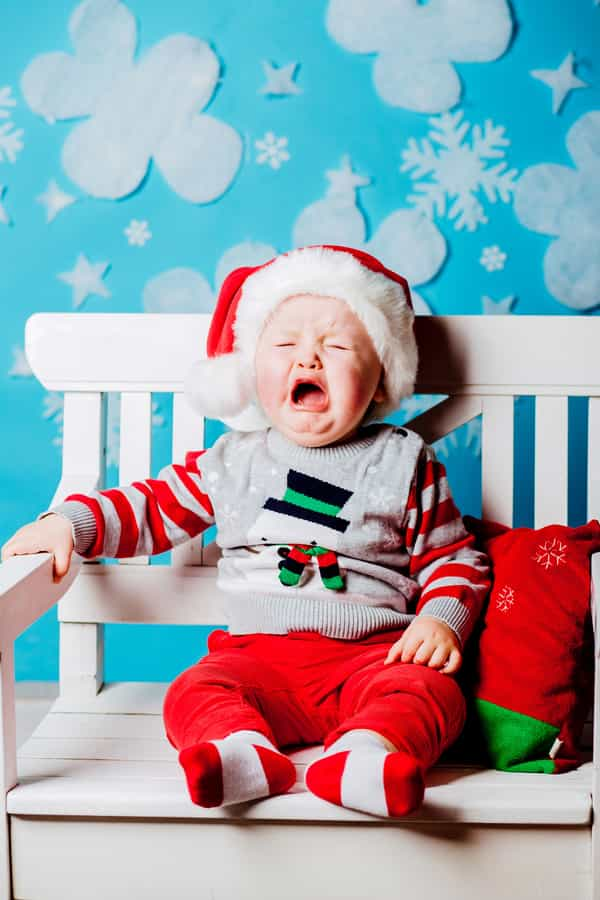
Holiday season is expected to be the most joyous time of the year–filled with laughter and cherished moments. Let’s take the ‘h’ in “holiday” and consider what feelings we think of during this time. We typically think of happiness as the first emotional response when contemplating the holiday season. Other positive ‘h’ feelings we think of are: hopeful, heartened, and helpful. Yet there are also other ‘h’ feeling words that are very present during the holidays for many as well–feeling harried, hectic, hasty, hurtful, hostile, humiliated, horrible, heartbroken, and hopeless.
The dissonance that exists between feelings within and the mood and activity around us can create tremendous stress, exacerbating and intensifying already existing emotions, such as anxiety, depression, loneliness, and isolation. The result–the holiday season can be a time of increased stress and anxiety.
Given what we’ve all gone through over the past few years of ongoing unpredictably, disruption, isolation, and conflicts around the world, many have experienced to various degrees increased anxiety and depression. Add to those already simmering–if not boiling–emotions, holiday expectations that can involve family dynamics and dysfunction, financial worries and anxiety, and overstimulation from commercialization and hype.
Additionally, there’s the natural disruption of daily routines (e.g. mealtimes and bedtimes) and embedded expectations (e.g. brushing teeth, bath times, helping to clean up) that all provide a sense of focus, calm, safety and security. When those calming routines are turned upside down it leaves one feeling easily consumed by the heat of the moment and trying to maintain a sense of balance while teetering on the edge of a tipping point.
 According to the American Psychological Association, 44% of women and 31% of men said their stress levels were higher than normal during the holidays.
According to the American Psychological Association, 44% of women and 31% of men said their stress levels were higher than normal during the holidays.
Holiday stressors include:
Related: Ending the Cycle of Struggling in Silence and Ignoring Your Emotions
Children feel stressed, too!
 Children are very attuned to and sensitive to change and overstimulation from the hype of the holiday season. Preparations and the hustle and bustle of the season can easily overwhelm children, like being on an ongoing sugar high.
Children are very attuned to and sensitive to change and overstimulation from the hype of the holiday season. Preparations and the hustle and bustle of the season can easily overwhelm children, like being on an ongoing sugar high.
Children are exquisite emotional detectives picking up and responding to our own stress and anxiety and adding it onto theirs that already exists from changes in routines, expectations, and cueing into parents’ and adults’ moods. The children respond in kind.
So what do we watch out for? Children express emotions in actions and behaviors, so watch for changes, such as:
Related: Emotionally-Minded Books to Share with Your Child this Holiday Season
 So what do we do? Children learn through imitation, observation, and how we model, guide and respond to them and others. Here are some tips to help children during this exciting yet hectic and stressful time:
So what do we do? Children learn through imitation, observation, and how we model, guide and respond to them and others. Here are some tips to help children during this exciting yet hectic and stressful time:
Housman Institute, LLC
831 Beacon Street, Suite 407
Newton, MA 02459
info@housmaninstitute.org
(508)379-3012
Explore
Our Products
Legal
Connect
Contact
Join our Mailing List!
Subscribe to receive our newsletter, latest blogs, and ECSEL resources.
We respect and value your privacy.
No Comments Yet
Let us know what you think